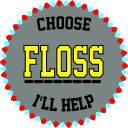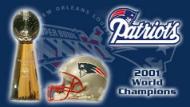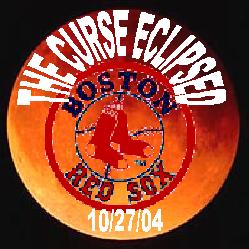Free/Libre - Open Source - Freeware - Shareware
There are several terms used when talking about free software. Free often means that there is no cost when you download from the Internet, but for most of us who care, free is used in the context of freedom, with the goal of reducing restrictions on the use and improvement of software, not focusing on cost.
Start by talking with mentors and friends about their recommendations. There are thousands of applications out there. Some are more useful than others.
Nonetheless, if you are trying to make the most of your money, get your cost-free software (even if it is closed-source) from reputable sources.
Reputable Sources for "FREE!"
- Sourceforge - mostly open-source - various stages of development
- Freecode - GNU/Linux and cross-platform software
- Tucows - good recommendations "freeware/shareware/demos"
- Downloads.com - NOT Linux - well known site (CNET)
I was surprised that the site says "We were unable to detect your operating system." even when they should have been able to do so.
Definitions:
Free/Libre - software that is licenced to remain free as in liberty
---- See GNU License and Free Software Foundation
Open Source - software whose human readible programming is available to see and modify
---- See more at opensource.org
Freeware - software that is given away for no cost, but under copyright and source remains closed
Shareware - free to try and then you are honor bound to pay if you use it regularly
Nagware - like shareware, but with annoying popup reminders that you should pay
Crippleware - like shareware, but with limited features until you pay
Demoware - like shareware, but maybe you cannot print or save until you pay
Proprietary - software for which you pay and the (usually multi-screen End User Licence Agreement) usually says you don't really own it, just have the license to use it
DRM - Digital Rights Management - a system of locking access to prevent copying - limits one's ability to make a backup
Copyright - system of laws applied to creative output (frequently called "intellectual property") which confers rights to make copies of the material
Patent
- system of laws applied to some software which cause derivative works
to be subject to royalty payments to the patent holder - very
controversial because patents only work when the software is "attached"
to a general purpose computer
----software patents and "business
method" patents are very controversial along with attempts to patent
DNA sequences (which is designed to give control and financial benefits
to a single company, in spite of the fact that DNA sequences can only
be identified out of nature and are not a company's creation/invention
Hacker - person who enjoys the process of analyzing software and hardware, trying to figure out how they work
Cracker - person who seeks to bypass copyright, patent, encryption, etc. in order to gain unauthorized access to the source code, or illicit control of somebody else's computer system - Crackers are often mislabeled as hackers, which gives hackers a bad name



![[FSF Associate Member]](http://static.fsf.org/nosvn/associate/fsf-10299.png)


